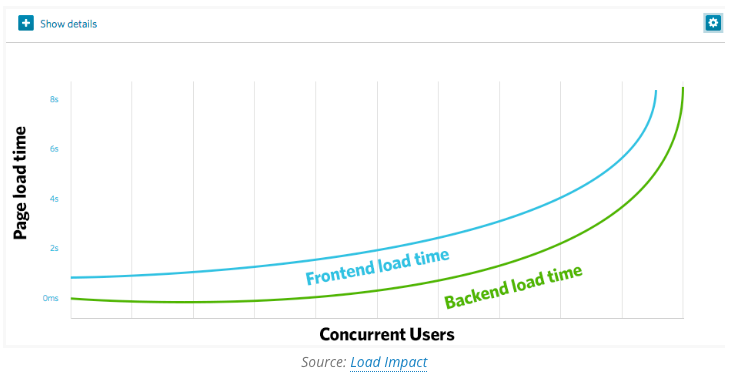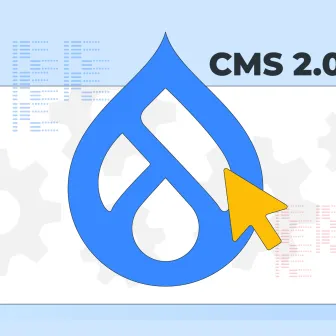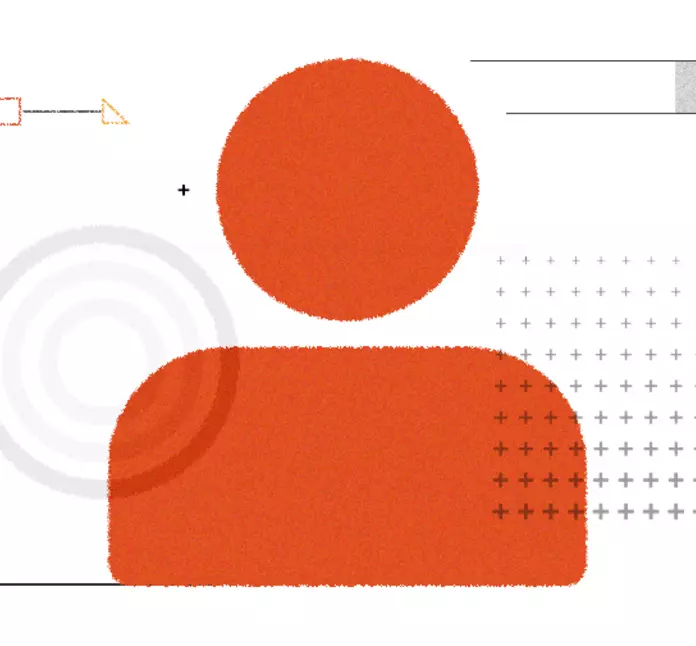Even before WordPress, there was Drupal and as an open-source content management system, it means that you get a self-hosted solution for handling your website and space on the internet. Drupal is the CMS behind some of the most powerful websites in the world like Nasa.gov, The Economist, BBC, the Harvard University, the United Nations, among others.
Drupal offers a neat semantic markup code, streamlined content management, easy page, and blog publishing and quick website development with Drupal 8.6 now. This is what has made Drupal such a favorite among many as it is powers around 2.3% of the global websites and 3.24% of the top one million websites.
Modules are another reason why Drupal should be in your list. A module is a set of PHP, JavaScript, and/or CSS files that extends site features and adds functionality. You can turn the features and functionality on by installing the module, and you can turn it off by uninstalling the module. It provides many modules for the content editors and developers.
Drupal's Scalability
Moreover, Drupal is amazingly scalable and lets you make pages as you need them. Drupal 8 and its capabilities lend better web performance. Being highly scalable, Drupal 8 helps in building a web application that is unfazed by the colossal spike in the internet traffic and scales tremendously. It doesn't matter if you have started with a lesser number of pages, you can always expand to a hundred thousands without worrying about the website breaking.

Content Authoring and Management
Extremely simple content management and authoring are what makes it a content editor friendly CMS. Drupal has made it particularly easy for content creators to streamline content management, workflow, and publishing. Authoring is among the top benefits that Drupal offers as it makes content management incredibly easy through seamless editing and preview on how your content would appear on different devices, granular tagging to help you make your content more feasible.
Content managers/creators can create user roles and permissions to enable better content distribution, also edit on the go with smooth mobile editing (iPad, iPhone in addition to Android devices) to consistently supply content. The biggest head-turner is definitely the WYSIWYG editor that lets you develop and modify content right in-place. it also lets you browse to more pages and select the content for further modifications.
With content revisions, you can always monitor and see who made and what changes were made when.
Drupal also provides numerous options in terms content types thus making it more flexible than the others in the market.
Mobile Responsiveness
Drupal 8 is mobile responsive. Make a blog or a full-blown or a bespoke website, you can expect it to fit the size of different internet-enabled devices. This newest version of Drupal has an advantage of 200 new and advanced features over its predecessor. A surprising fact is that out of these 200 features, more than half of them are focused on making the platform suitable and tailored for mobile devices.
Since the CMS is responsive, you will see the website or the blog on Drupal reflecting your content and design seamlessly.
Drupal is Secure
Drupal is touted as the most secure platforms (CMS) and there are plenty of reasons why Drupal 8 is even more secure than its predecessors. It has been made keeping the Open Web Application Security Project (OWASP) standards in mind and conforms to the standards, prioritizing security and mitigating internal risks in future.
The lockdown security that Drupal offers is what makes it a hit among developers as it offers layers of protection. In fact, compared to WordPress, only 2% of its sites were hacked as seen by Sucuri in its various reports.
It offers strong, enterprise-level security with modules dedicated to enhancing it and even publishes comprehensive security reports and is actually far more transparent considering the security it offers compared to numerous other mainstream CMS.
Other Reasons to Opt for Drupal
Drupal offers extensive and core support for websites that operate on a multilingual basis. In fact, while WordPress and other prevalent CMS websites often need third-party plugins, Drupal 8 just makes the multilingual functionality available through its core without the need for an external API.
Drupal also offers a flexible taxonomy system that makes it easy for developers to handle the data and content while making bespoke websites.
It’s brilliant if you want something spectacular.
There are plenty of Drupal themes that let you customize them but the advantage is that once you understand the custom coding, Drupal will surely give you something spectacular.
According to the online sources, Drupal apparently has 39,000+ modules and 2,500+ themes. Drupal has a wide variety of free and premium beautiful and easy to manage and highly versatile themes available that you can customise based on the aesthetic you want your website to have.
Building website with Drupal will definitely get you higher performance website without spending too much money even though there is a learning curve. The extent of customisation it offers is what makes them such a preferred choice even though some complications may be involved.
Summing up
While many claim WordPress to be the ultimate blogging solution that you can start from anywhere with zero cost, Drupal is more sophisticated and offers more advanced features that let you get bespoke websites.
However, to start setting up your website on Drupal (or the latest Drupal 8), you will need some basic level understanding of CSS and HTML.
Drupal fits the modern digital marketer’s needs just as much by enabling some modules to make it a SEO friendly website. So, website owners can actually invest in monetizing their website and expect to grow with Drupal.
Subscribe
Related Blogs
Drupal's Role as an MCP Server: A Practical Guide for Developers

"The MCP provides a universal open standard that allows AI models to access real-world data sources securely without custom…
What’s New in Drupal CMS 2.0: A Complete Overview

"Drupal CMS 2.0 marks a significant change in the construction of Drupal websites, integrating visual site building, AI…
Drupal AI Ecosystem Part 6: ECA Module & Its Integration with AI

Modern Drupal sites demand automation, consistency, and predictable workflows. With Drupal’s ECA module, these capabilities…




